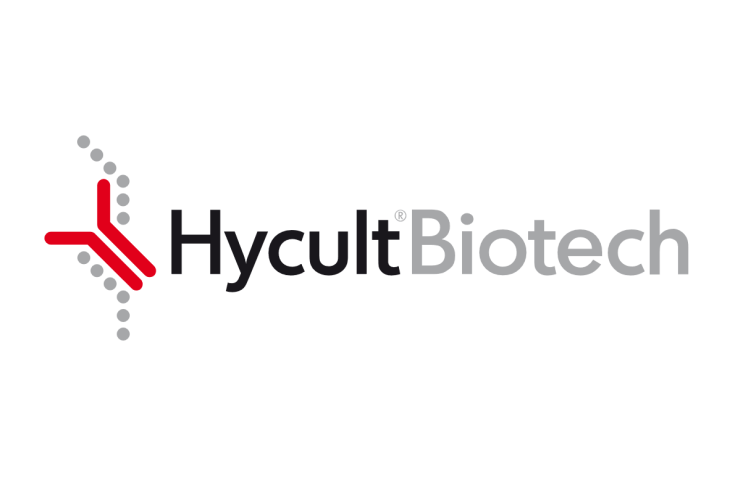-
Research area
- Biochemicals
- Blood and Biospecimens
- Cell biology
- Environmental
- Flow Cytometry
- Forensic Science
- Genomics
- Immunology
- Labware
- Microbiology
- Pathology
- Transplantation
429 Too Many Requests 429 Too Many Requests
nginx - Suppliers
- About us
- Resources
- Events
- Support
- Lab Services
- Promotions
Product description
Monoclonal antibody 1A2 recognizes mouse complement factor H (CFH). CFH is the first regulatory protein of the alternative pathway of the complement system. There are three pathways of complement activation; classical, alternative, and lectin activation pathway. These pathways converge to form C3/C5 convertases that generate C3a, C3b,C5a, and C5b, each with substantial biologic activity. Complement regulators are necessary to prevent the injudicious production of these mediators and potential injury to self-tissue. The plasma proteins CFH, C4-binding protein and the cell membrane proteins complement receptor 1 (CR1; CD35), decay-accelerating factor (CD55), and membrane co-factor protein (CD46) all are members of the regulators of complement activation family. These proteins have natural affinity for C3b and/or C4b, which confers on them the ability to accelerate the intrinsic decay of C3/C5 convertases and/or act as co-factor for the cleavage and inactivation (i) of C3b and C4b by complement factor I (CFI). Genetic human analyses reveals a clear association of CFH with different human diseases. These include diseases of the kidney, the atypical form of Hemolytic Uremic Syndrome (aHUS) and membranoproliferative glomerulonephritis (MPGN). Furthermore, CFH is associated with age-related macular degeneration (AMD), a disease of the eye.
Specifications
Applications
IHC-Fr, WB, ELISA
Isotype
Mouse IgG1
Supplier
Hycult Biotech
Shipping & storage
Shipping condition
Room Temperature
Storage temperature
2-8°C
Do you have any questions about this product?
Order your product by email
Productname
Factor H, Mouse, mAb 1A2
HM1119-20UG
By filling out this form, you are placing an order by e-mail. You will receive an order confirmation within one working day. The order cannot be modified after receipt of the order confirmation.
Request a sample
Productname
Factor H, Mouse, mAb 1A2
HM1119-20UG
By filling out this form, you request a sample. You will receive an order confirmation within one working day. The order cannot be modified after receipt of the order confirmation.
Are you looking for specific products, alternatives or documentation?











